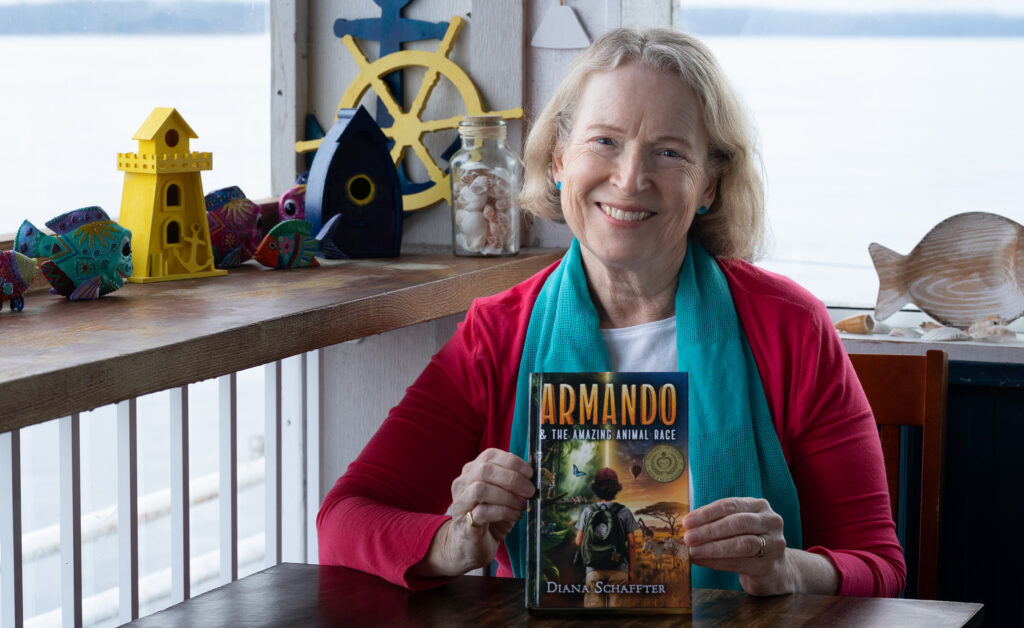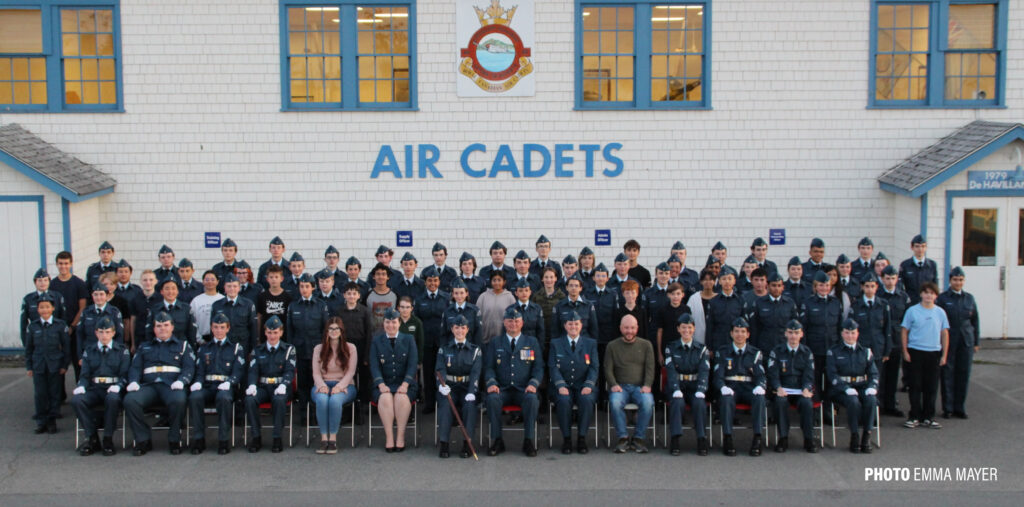by Deborah Rogers –
Our February meeting saw some new faces to the group, and a weird and wonderful book to discuss. Susanna Clarke’s Piranesi has critical acclaim and awards, but our past experience as a group is that award-winning doesn’t always translate into readable or enjoyable books! On first approach Piranesi could seem similarly challenging, and yet this book gets under your skin. Clarke’s writing is beautiful, clean and concise as she introduces the reader to the character Piranesi and the vast house he inhabits. Initially it’s not obvious where exactly the story is taking place; the labyrinthian house where Piranesi lives seems to make up his whole world. It’s built of huge rooms with marble pillars and grand staircases. There are statues depicting people and animals but seemingly no other living inhabitants except for the seabirds and fish. Yes, seabirds, because within this house is an ocean with fierce tides.
Some of our group shared that they had to put the book aside to allow themselves time to process this strange setting: it certainly required a suspension of disbelief, or granting yourself permission to read on without getting hung up on the questions of how and why this world was as it was. Once readers could get past the barrier of belief though, they were rewarded with a carefully conceived and beautifully paced story that has a mystery at its heart and huge questions about the human condition woven throughout.
The imagery contained in the book is beautiful and haunting; our readers likely won’t forget the world that Clarke has created. It contained echoes of classical literature as well as more recent dystopian fiction. It is impossible not to feel empathy for the central character, as we witness his unravelling (or perhaps his life reweaving). I’m reluctant to comment too much on the plot to avoid spoiling it, but aspects of the book that many wanted to discuss include its delicate handling of concepts of self and the incredible ability that humans have to protect themselves, Piranesi’s demonstration of resourcefulness and adaptation, and the callousness of those who desire knowledge and power at any cost.
What seemed at first glance to be a fantasy novel revealed itself as a strange but magical, and rather spellbinding, novel that explored the complexities of the human mind and all the worlds we live in.
 Our next online meeting will be on Tuesday, March 15 at 6:30 p.m. We’ll be discussing the memoir by B.C writer Liz Levine, Nobody Ever Talks About Anything But The End. To get the zoom link and join the meeting you will need to sign up to our email list: https://seasidemagazine.ca/book-club/.
Our next online meeting will be on Tuesday, March 15 at 6:30 p.m. We’ll be discussing the memoir by B.C writer Liz Levine, Nobody Ever Talks About Anything But The End. To get the zoom link and join the meeting you will need to sign up to our email list: https://seasidemagazine.ca/book-club/.




